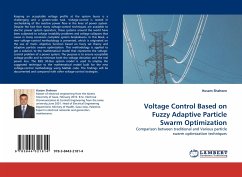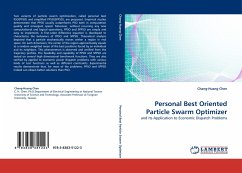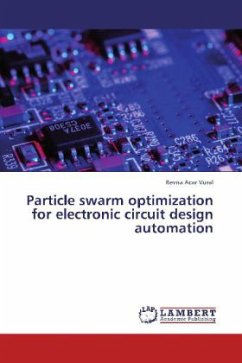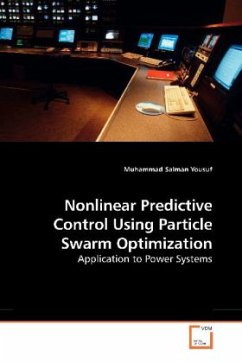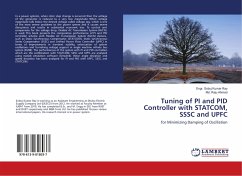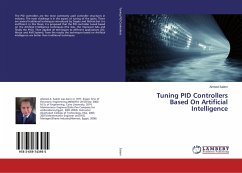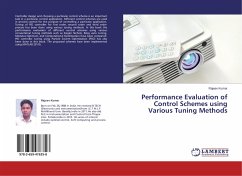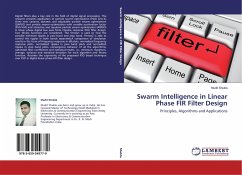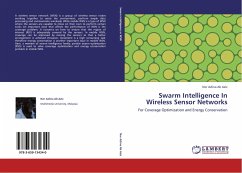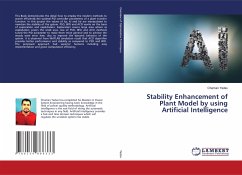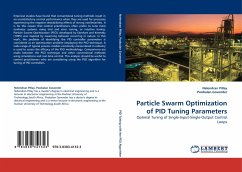
Particle Swarm Optimization of PID Tuning Parameters
Optimal Tuning of Single-Input-Single-Output Control Loops
Versandkostenfrei!
Versandfertig in 6-10 Tagen
45,99 €
inkl. MwSt.

PAYBACK Punkte
23 °P sammeln!
Empirical studies have found that conventional tuning methods result in an unsatisfactory control performance when they are used for processes experiencing the negative destabilizing effects of strong nonlinearities. It is for this reason that control practitioners often prefer to tune most nonlinear systems using trial and error tuning, or intuitive tuning. Particle Swarm Optimization (PSO), developed by Eberhart and Kennedy (1995) was inspired by swarming behavior occurring in nature. In this work, the problem of identifying the PID controller parameters is considered as an optimization prob...
Empirical studies have found that conventional tuning methods result in an unsatisfactory control performance when they are used for processes experiencing the negative destabilizing effects of strong nonlinearities. It is for this reason that control practitioners often prefer to tune most nonlinear systems using trial and error tuning, or intuitive tuning. Particle Swarm Optimization (PSO), developed by Eberhart and Kennedy (1995) was inspired by swarming behavior occurring in nature. In this work, the problem of identifying the PID controller parameters is considered as an optimization problem employing the PSO technique. A wide range of typical process models commonly encountered in industry is used to assess the efficacy of the PSO methodology. Comparisons are made between the PSO technique and other conventional methods using simulations and real-time control. This analysis should be useful to control practitioners who are considering using the PSO algorithm for tuning of PID controllers.



